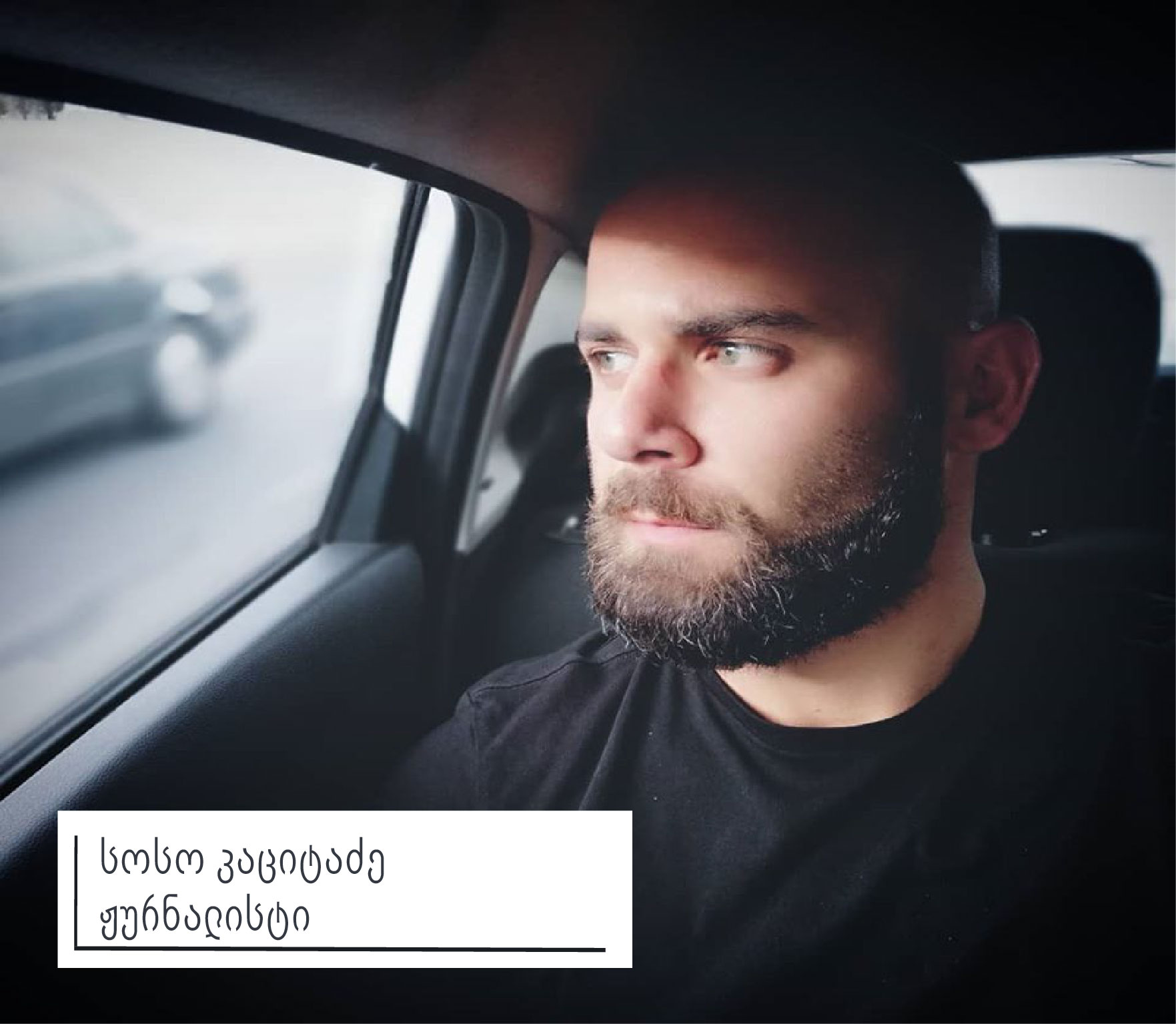Joseph Katsitadze Graphics: Davit Kukhalashvili
Homelessness is a familiar pain to me. Many years ago, as the war intensified, we left our only home. My mother, my sister and I- three “strangers” traveled the whole country, went from one relative to another, from hotel to hotel, from building to building, in search of a place to call home and settle happily ever after. But none of those places has ever become home to us.
This nomadic lifestyle eventually brings huge experience but also becomes a boundary, a distinct stigma that is not easy to escape.
I have come a long way and after a vast amount of time, gained experience and attempts to escape the stigma of homelessness, finally, I got home, in an exchange of bank loan, that I have to repay monthly and maybe, in some 6-7 years’ time, I will call it my own.
Sometimes I imagine what would have happened if I could not pay the loan back. The bank would immediately carry on with enforcement measures. I would start getting long letters of warning, which I would never answer, thinking the danger is all far away or it doesn’t concern me and no one has the right to evict me.
Several auctions would take place, all of them excluding me and the house, which could cost a fortune, would be sold for dirt cheap- the amount that would be reduced from my debt. I would remain with the remnants of the debt and no home to shelter myself.
Do I have a home? -yes, but might I as well be homeless? Also Yes. Sometimes it seems like a very distant, apocalyptic future, but given the current volatile environment, it may not be too far away.
For the system, Potential homeless like me are mere statistics. Usually, it is a flow of consequences, groups of people are gathered under numbers, without identity or personal stories. “Mortgage victims”, “evicted”, “those in a waiting list of eviction”, “extremely poor”, “middle class”. In fact, these people are us, you and me, our family members, acquaintances or neighbors. People with specific life goals and sometimes tragedies behind them. Those tragedies are consequences of the failed healthcare system, gross life expenses and simultaneous need for a home. These tragedies start the first step of a long relationship with the financial pyramids of banking systems.
In the process of the research on homelessness, that I started as the journalist of “Realuri Sivrtse” (local talk show on social issues), I come across the fact that most common reason for borrowing money is healthcare need. People need a lot of money to save their loved ones. As the bank refuses to lend money on this purpose and the state does not have a proper health care system, the only solution remained is to cooperate with microfinance organizations or a private lender.
It is important for a statistic to be big, isn’t it? Otherwise, it won’t be juicy. Statistics of the National Bank of Georgia truly moved me: As of December 2019, 156,000 loans have been issued by banks “secured” on the borrower’s property. This number does not include loans from private creditors and microfinance organizations. In fact, debts like these most commonly result in the loss of a home as very often people put a lien on the only property they have.
Troubled loans are redirected to the National Bureau of Enforcement, where usually nobody cares about the “boring” details of personal stories. There we all become part of large portions of statistics, that lists us as “evicted”.
We need personal spaces. Isolated privacy where we could remain with ourselves. Don’t they sell real estate with slogans like that?! – “Find Your Own Space on the verandas of Legvtakhevi” or “Koshigora calls – The apartment with a picturesque city view”. In fact, the house is more than a private space and a view and the homelessness is a huge burden depriving us of the chance to concentrate on our future.
A rally was held by the Sports Palace late last year. The evicted and those awaiting for eviction have been gathered. These people have different stories, with the same ending – they lost their homes, places closely connected to memories and emotions.
At this rally, I met a seventy-year-old woman who lost three homes. She said a neighbour made her sign papers promising 200 USD. This woman did not get any money but lost her homes in Tbilisi, Borjomi, and Kareli. Then she cried, saying: “I’m locked in Kareli’s house and can’t even go out into the yard so someone couldn’t kick me out.”
I got scared. The threat that seemed a distant short while ago, did not seem so far now. Ignoring the story cannot solve the problem. It will simply become invisible for a while and then return more massive in scale. And with this approach one day we may find the house we think is ours, doesn’t belong to us anymore and because of the homelessness, we won’t be able to know what could happen to us tomorrow.
